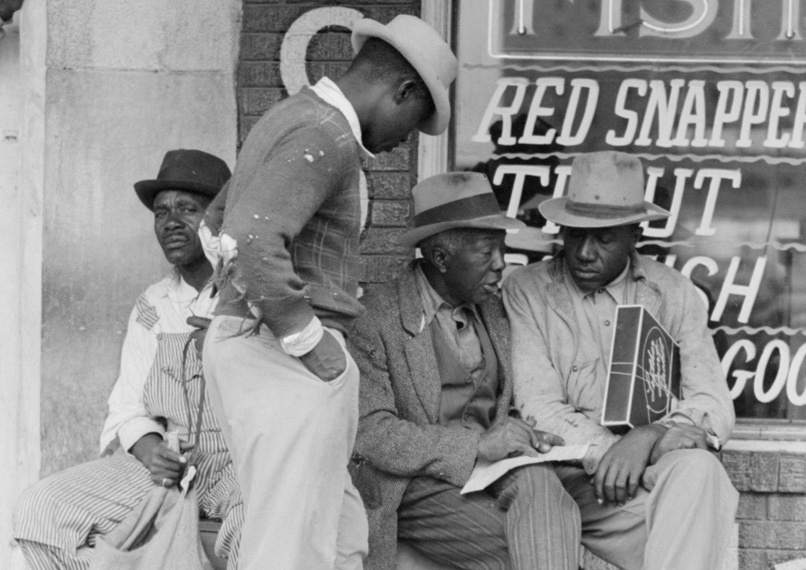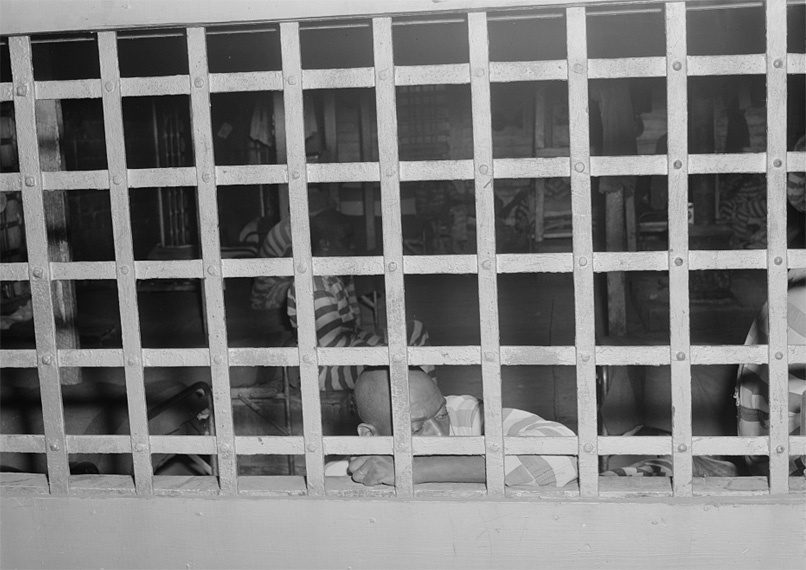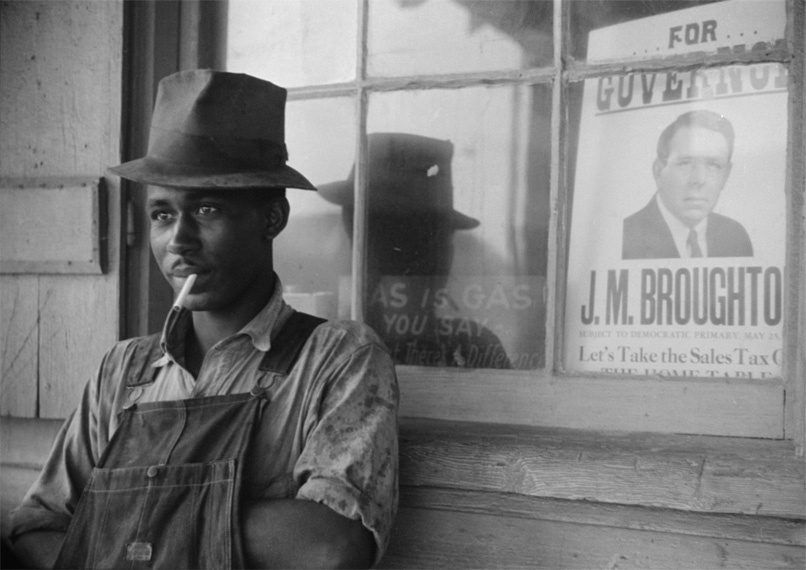Exploring and developing new ways of thinking drew me into academia and eventually into my research on comparative racial and ethnic politics. My use of storytelling as a teaching and research tool has confirmed what I always knew to be true: that the power of ideas is evident everywhere! As a child, I listened to my grandparents tell stories about their lives. My grandparents, both born and raised in the “Jim Crow” American South, shared stories that both reflected the political and social realities in which they lived and that also conveyed their own understanding of that reality. In direct contrast to the poisonous racism at the root of racial segregation by law, my grandparents believed deeply in their self-worth and equal human rights. Through their stories, the power of ideas – both positive (human rights) and negative (racism) were made crystal clear. As an academic, I was drawn to understanding even more deeply the political arrangements and social norms that are nurtured by and emerge from ideas.
Engaging with students through the courses I taught in comparative politics, ethnic politics, transitional justice, and ethnic conflict in world politics were some of the most rewarding of my tenure as a professor. I especially enjoyed teaching about topics in American politics alongside those of other countries. I found that students from diverse backgrounds appreciated the opportunity to learn about American politics from a global comparative perspective.
Two of my books summarize my research in comparative racial and ethnic politics and retrospective justice. In Shades of Citizenship: Race and the Census in Modern Politics (Stanford University Press, 2000), I examine the political origins and consequences of racial categorization in demographic censuses in the United States and Brazil. In The Politics of Official Apologies (Cambridge University Press, 2008) I discuss comparative research on the political uses of official apologies in Australia, Canada, New Zealand, and the United States. My next book will examine the relationship between political disenfranchisement and anti-black violence in the “Jim Crow” American South.
Areas of Expertise
- Comparative Politics
- Origins of Identity
- Transitional Justice
- Violence
- Brazil
- US South


